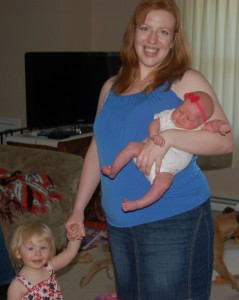 I remember trying on clothes about two months after the birth of my second daughter and feeling frustrated that nothing fit.
I remember trying on clothes about two months after the birth of my second daughter and feeling frustrated that nothing fit.
I had been walking and was even doing short cardio workouts. I was trying to eat healthy foods. Yet, unlike the new celebrity mothers shown on magazine covers and TV shows and basically everywhere in the media, my body still looked pregnant and didn’t “bounce” back the way I had hoped it would.
Unrealistic Expectations for New Moms
The media and diet industry have created completely unrealistic expectations of how women should look postpartum, and how quickly they should be able to lose the baby weight.
We are surrounded by “quick fix” diet plans, “Be Bikini Ready in 4 weeks” headlines, and other unhealthy and potentially harmful solutions to postpartum weight-loss.
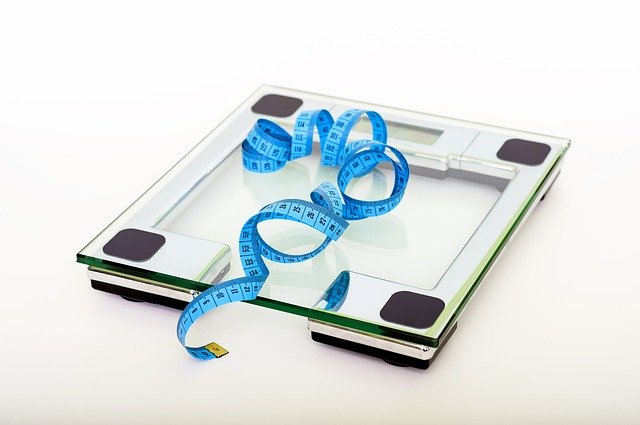 Our culture is body-obsessed, and there is so much pressure for women to lose weight in an insanely short amount of time and to look as if we never even had a child. This expectation is just not realistic or safe.
Our culture is body-obsessed, and there is so much pressure for women to lose weight in an insanely short amount of time and to look as if we never even had a child. This expectation is just not realistic or safe.
While some women are naturally able to lose all of the weight within a short amount of time, for many of us it can be a long and slow process.
Factors Contributing to Postpartum Weight Loss
What many women don’t realize is that there are so many factors at play during this time of our lives.
Some of these factors include:
-
Hormones
During pregnancy, our bodies are flooded with hormones that cause many changes to happen. However, after we give birth and expel the placenta, these hormonal levels begin to drop. This can affect our mood, and also lead to hormonal imbalances.
If you are breastfeeding, the hormone prolactin increases, and that tends to also stimulate your appetite. We have no control over these changes, because they are part of nature. Your body is preparing to nourish another human, and dropping weight, specifically fat, is the last thing it wants to do at this point.
-
 Sleep
Sleep
Sleep is another huge factor that can help or prevent weight-loss. It plays a vital role in regulating our hormonal balance, as well as our mental well-being.
Unfortunately, after having a baby, sleep is extremely elusive! It may take months before your baby starts sleeping through the night. As a result, your sleep is constantly being disrupted, which makes it difficult to get a deep restorative sleep.
Try to make sleep a priority during this time. Nap if possible. Go to sleep as early as you possibly can. Once the baby develops a regular sleep pattern, your sleep pattern will be regulated as well. But it is important in the beginning that you make sleep your main priority, second only to the baby.
-
Birth Recovery
Birth recovery is a factor that is often overlooked, and naturally slows down weight-loss. During this time, our body puts all of its energy into healing. Depending on how labor went, and whether you had a vaginal birth with minimal tearing or a C-section, it may take longer for your body to heal itself.
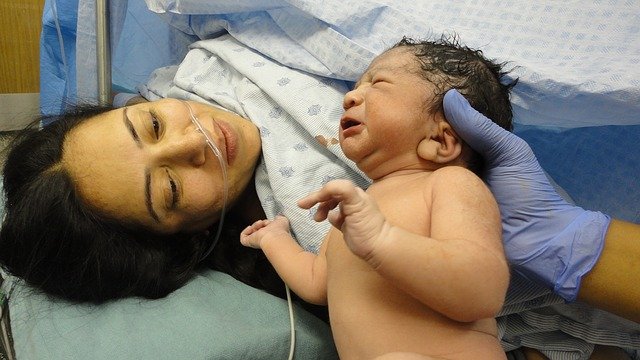 Childbirth is a natural, but very stressful event for our bodies, and we need to give ourselves the necessary time to heal before we even contemplate exercise and weight-loss.
Childbirth is a natural, but very stressful event for our bodies, and we need to give ourselves the necessary time to heal before we even contemplate exercise and weight-loss.
In fact, many other cultures encourage new mothers to rest in bed for the first 2 weeks postpartum, and to focus on eating nutrient dense foods and nursing their baby.
But here in the United States, many families aren’t as geographically close as they once were. Mothers, especially those with multiple children, are expected to (or expect themselves to) jump right back up a couple of days after giving birth and do their regular chores and tasks. Many moms that work outside of the home only get about 6 weeks for maternity leave, which is not nearly enough time for the body to fully recover.
as they once were. Mothers, especially those with multiple children, are expected to (or expect themselves to) jump right back up a couple of days after giving birth and do their regular chores and tasks. Many moms that work outside of the home only get about 6 weeks for maternity leave, which is not nearly enough time for the body to fully recover.
I had a friend who announced a few days after the birth of her second baby that she planned to cook the entire Thanksgiving dinner for her family and friends. While this was admirable, it was probably not the best idea for her health and postpartum recovery.
Be Gentle with Yourself
If we push our bodies too hard to resume our normal responsibilities or to lose weight before we’re ready, it can slow down the healing process, increase postpartum bleeding, affect our breast milk supply, and lead to fatigue. So it’s really important that we wait until our bodies have fully recovered from childbirth before we even think about pushing ourselves to lose weight.
Even though it’s really hard, try to be gentle with yourself during the postpartum period. Give your body time to recover. Focus on sleep, self-care and nutrition. Be gentle with exercise. Walking is great! Try to get outside and breathe some fresh air. Listen to your favorite music or a great audiobook. Don’t pressure yourself. The postpartum months are a journey, and you’ve got this!

If you would like a personalized plan to help you navigate the postpartum period, boost your nutrition, and nurture yourself, contact me and we can discuss your needs and create a plan that works for you.
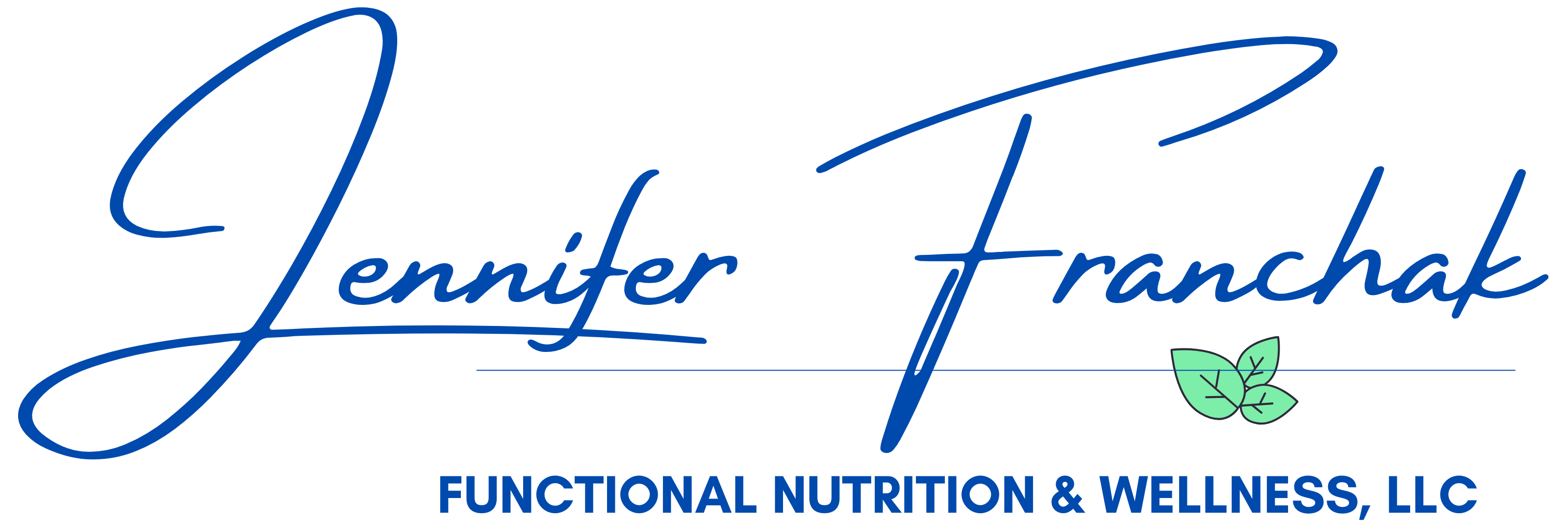
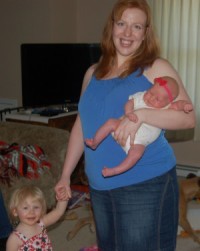
Leave a Reply